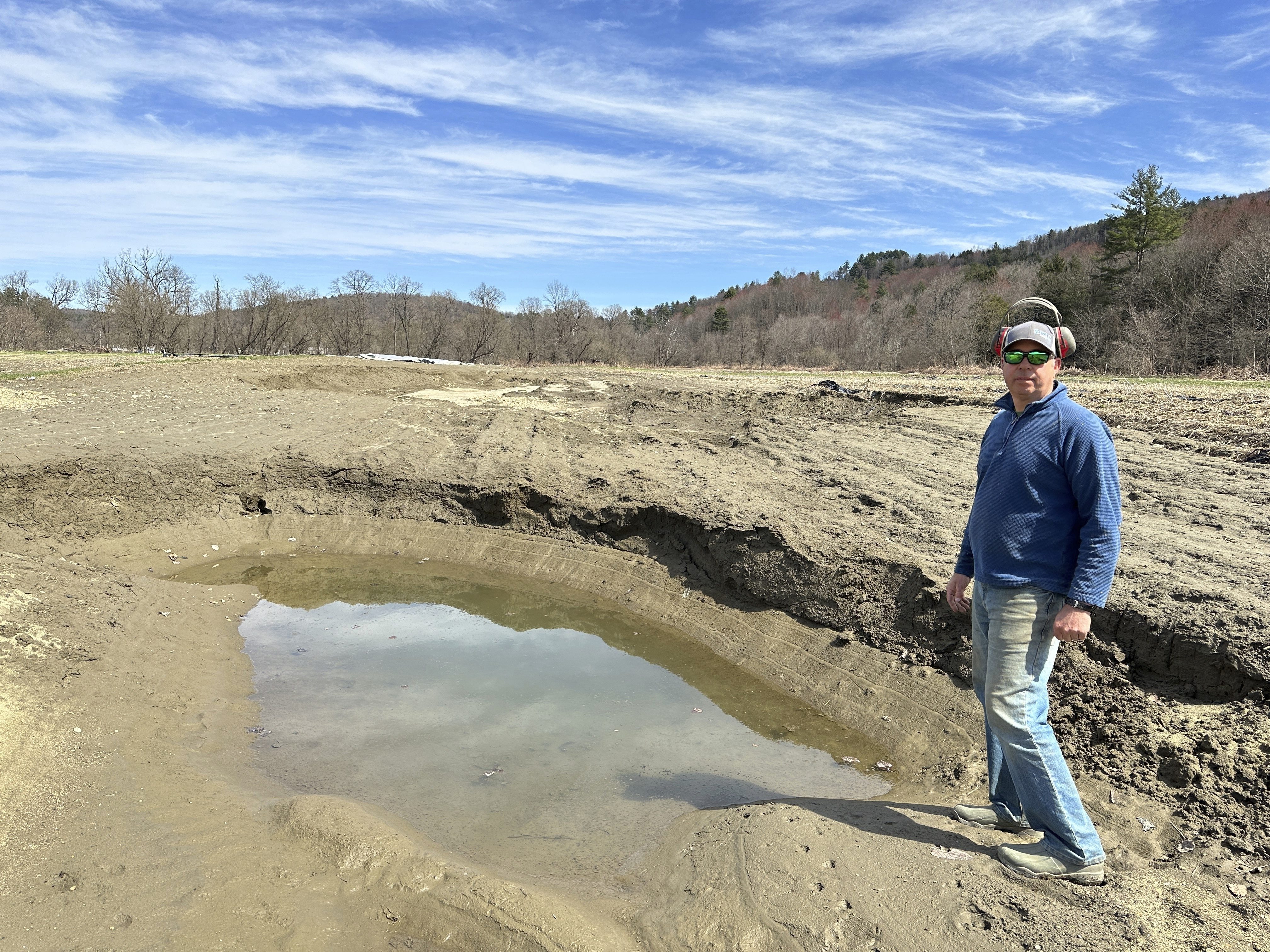Top officials in Vermont are renewing their plea to people across the state to remain vigilant about potential threats from ticks this summer.
"The percentage of ticks found carrying Lyme disease and other pathogens have risen in the last four years," Gov. Phil Scott, R-Vermont, warned Tuesday at a press conference in Woodstock.
The Vermont Agency of Agriculture regularly conducts tick surveys aimed at understanding the scope of the threat, collecting nearly 2,000 ticks this spring. Another round of surveying will be conducted in the fall, the agency said, with an eye toward understanding tick densities and where possible human interactions could happen.
While the state is still waiting for lab tests on some of this year's samples, last year, 57% of the parasites collected were carriers of disease, said Vermont Agriculture Secretary Anson Tebbetts.
The black-legged tick is most notorious, added Vermont Health Commissioner Dr. Mark Levine.
"In medicine, we consider the tick the cesspool of organisms," Levine said.
The Health Department said while bug populations and human infections may rise or fall year to year, tick-borne disease is here to stay, so prevention needs to be the norm.
Vermont
The latest news from around the state
Dr. Levine encouraged people to take steps like wearing bug repellants with DEET, showering after their time outdoors, and staying to the center of hiking trails to avoid ticks along the edges.
Visit this Health Department website for more information on tick safety, including for guidance on how to properly remove a tick from your body.
"As you know, Vermont rates very highly on most health indicators," Dr. Levine noted Tuesday. "We're always in the top 10 states for various things. Unfortunately, we are for tick-borne disease, as well."
Zach Aiken of Rutland spends a lot of time outdoors with the Vermont Youth Conservation Corps — on farming and environmental projects that also build leadership and teamwork skills. Because corps members work outside all throughout the summer, they keep ticks top of mind, Aiken said.
"It can be dangerous, potentially," he said of a tick bite.
On jobs like Tuesday's work identifying invasive species, VYCC members always wear long pants and treat clothes with an insecticide, Aiken said, and are reminded to do thorough tick checks.
Those paid off for Aiken in his off-hours when he found a tick on his body, he recalled.
"I was working for one of my grandparents' neighbors in the woods, and I got home and thought it was a leaf," Aiken told necn. "I tried brushing it off and it ended up being a tick. I didn't end up getting Lyme disease, so that's good."
Gov. Scott said he absolutely wants Vermonters and visitors to the state to enjoy the outdoor recreation opportunities in Vermont — which are some of the state's most treasured assets. Scott said he just wants them to be smart when doing so, including by performing those tick checks.



